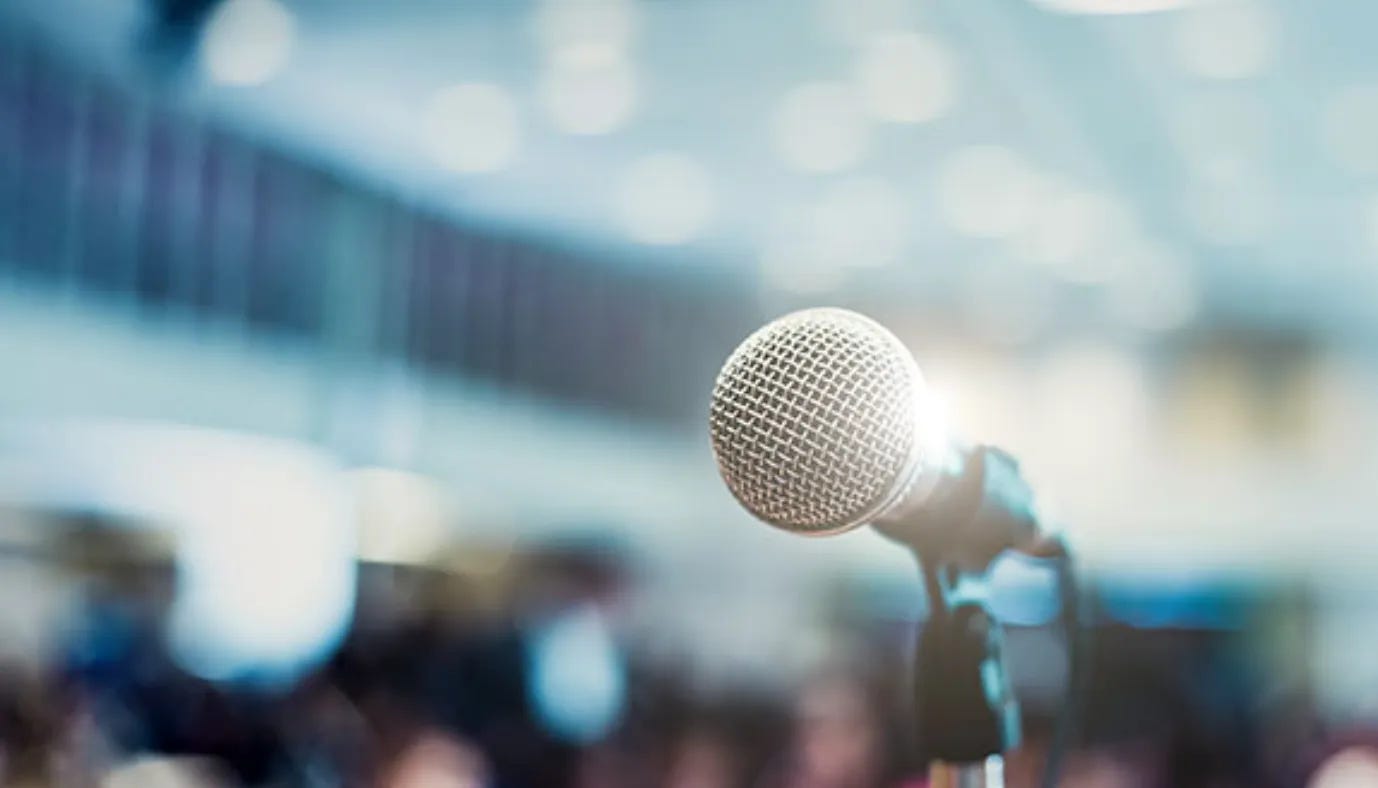Open Mic Discussion: How Do You Deal with Disabilities that Put Your Vocation at Risk?
A reader asks for your advice
Today is “Open Mic” Day at The Honest Broker. A reader suggested today’s topic for discussion.
He is a professional musician dealing with adversity. He asked that we respect his privacy, so I am sharing his comments anonymously.
The Honest Broker is a reader-supported guide to music, books, media & culture. Both free and paid subscriptions are available. If you want to support my work, the best way is by taking out a paid subscription.
Here’s his suggested discussion topic:
About 2 years ago, I was diagnosed with Parkinson's Disease. My playing took a big hit. After having made music part of my life for over 50 years, I struggled. I am fighting my way back with exercise, medicine, and practice….My topic: How do musicians deal with this—the mental part, not the physical?
I could relate to this.
I’ve written elsewhere of my difficulties when the onset of arthritis in my thirties forced me to abandon my public career as a jazz pianist. I’ve also seen the ravages of Parkinson’s first hand—it runs in my wife’s family, and several of her closest relatives are afflicted.
I know that some of you—both musicians and others—are dealing with similar challenges. How do you handle the mental and emotional burden? Is there a path to serenity in the face of severe disabilities and other challenges?
Please share your thoughts in the comments.



When my body betrayed everything I ever knew, the axon of identity, “You are what you do”
eventually had to evolve into,
“You are what you love”.
Otherwise, many days I would simply be the carbon dioxide I give to the trees.
Argh, first, the compassion. I know the loss of identity from mid-life chronic illness/disability and it is intense. It is wonderful that you asked this question because it is a means to being seen, witnessed, in the grief of this reality, and that witnessing is key to (mostly) healthy integration of hard realities.
Second, I hope that you may treat this reality as grief, as something to be honoured and mourned in grief, before there is transition into new realities, new futures (which also exist, but the grief asks for attention first). I am capable of many things and enjoyed pursuing those things, participating in the world in many ways. So much of that was lost to me through health challenges. I really had to grieve those losses, of opportunities and pleasures and identity, before I could do any transitions or integration into a new (wonderful) future. If there are rituals you connect to around grief or loss I hope you may explore them for these losses - writing, or speaking, or even a tongue in cheek “funeral” or party to share the change with others, find the types of joy that only spark deep in that suffering zone. It is a loss at a scale and a meaning level as significant as a loved one, it will likely help to respect that scale, meet yourself in that dark reality.
And that brings me back to self-compassionate witnessing. I have no doubt there will be many joys and new pleasures to come from your change in circumstances. But in this piece, the depressive, deep suffering piece, I hope you will meet yourself in that darkness and just honour that it’s incredibly hard. Ask yourself what you need, given that you are experiencing something so challenging to identity and soul, and meet that need as best you can, with kindness and reverence.
I have been to so many dark places and for so long. I am now in a much more sustainably wonderful place. And one of the biggest things I did to get from there to here is letting myself grieve, and meeting myself in the suffering. “This is so hard. What do I need?” Over and over and over.
I send you such grace and love as you navigate this piece. If any of what I have said resonates with you, you may enjoy Parker Palmer’s writing in depression, which I found in chapters of the book “Let Your Life Speak”.
Regardless, I hope that music remains your close friend through this part and into a different future, even if/when your connection to it shifts with capacity. In another life I would have made music my life too, but how tremendous that even if we cannot make music we still get to keep it close in other ways.
With love, and solidarity, Katie.